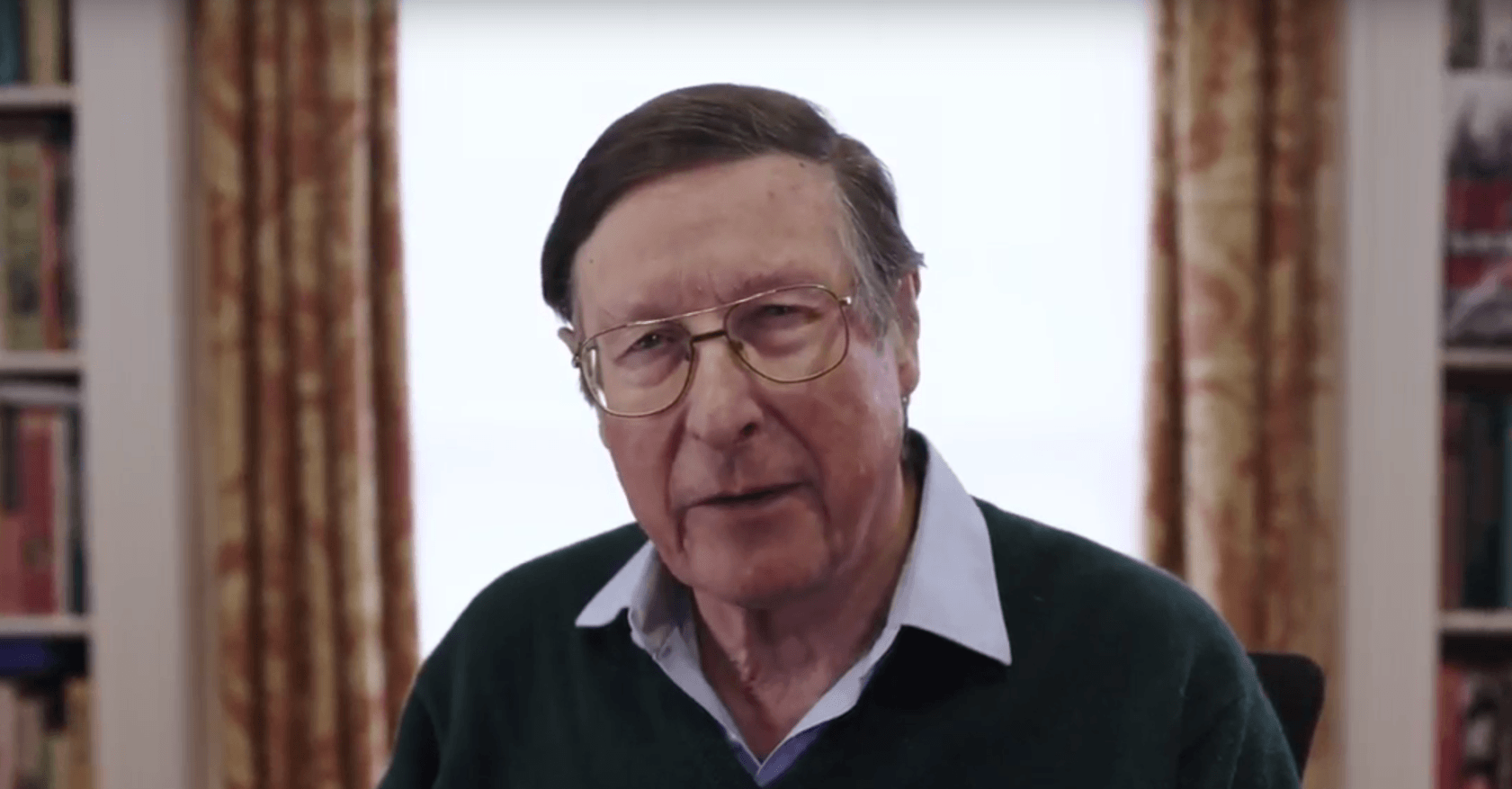This article was published in The Daily Mail on 9th March
The six young men who were patrolling north-east of Lashkar Gah in Afghan’s Kandahar province on Tuesday night are likely to have been thinking of many things, but not of their imminent deaths.
Corporal Jake Hartley was to celebrate his 21st birthday on Saturday. The soldiers had all left Wiltshire as recently as Valentine’s Day.
They had thus had time to learn next to nothing about Afghanistan, nor indeed about life, before out of the darkness erupted a vast explosion which tore through the armour of their Warrior vehicle, killing all its occupants.
An Improvised Explosive Device, the foremost tool of the Taliban’s campaign, had once more done its terrible business. The impersonality of IEDs corrodes soldiers’ morale in a way no firefight can do.
As Western forces have imported ever heavier vehicles to counter the threat, the Afghans have responded by merely planting ever bigger bombs.
This latest incident has gained more attention in Britain than any deaths in Afghanistan for many months, because of the number of young men whose lives were tragically foreshortened.
But the surge of public dismay also derives from people asking: ‘What’s it all for? Where are these sacrifices getting us? We’re quitting anyway in 2014. Why not now?’
These are all good questions, to which there are no comfortable answers.
I am one of those who has argued for years that we have lost the Afghan war; that even if we stay for another two decades, we would change nothing in that implacably alien society.
In the wake of Tuesday night’s losses, politicians and senior officers — and even some stubbornly optimistic media commentators — have said wearily familiar things: ‘Though their comrades grieve, morale is still high’; ‘We shouldn’t lose our nerve’; ‘Their sacrifice cannot be in vain’; ‘We must stay and finish the job.’
Let us explore each of these brave assertions in turn.
First, morale. Soldiers through the ages have cynically accepted the need to do and die — ‘theirs not to reason why’.
Most young men join the infantry, especially, because they want to fight.
They know the deal: in return for thrills and challenges they would never find at home, they put their lives on the line.
Most men who serve in Afghanistan, even when casualties are heavy, experience an incomparable high.
The British Army are professionals. Few of the men pull on body armour and pick up rifles to save Afghans from the Taliban, or even to protect Britain from an alleged terrorist threat.
They do it because they think fighting in Helmand or Kandahar is better than stacking shelves in Tesco.
In a new book called No Worse Enemy, film-maker Ben Anderson, embedded with the Worcestershire and Sherwood Foresters, quotes a young soldier he met: ‘Being out here is just a job . . . in a country that, to be honest with you, I don’t really care about.’
The man became much more motivated only when a comrade was killed:
‘It gave me a bit of a boost, thinking, “Right, the f****** bastards have shot my mate, so we’re gonna go and get stuck in so he didn’t die for nothing.” ’
It was ever thus, on far-flung battlefields. Many soldiers I know hated the exhibitions of emotion at Wootton Bassett that accompanied the repatriation of bodies from Afghanistan.
These occasions appease civilian sentimentality, they say, but offend the stoical spirit warriors still cherish.
It has always seemed to me that the scenes in Wootton Bassett matched the rising tide of public scepticism about the war. Crowds turned out to applaud the courage and mourn the sacrifice of the young men, and somehow also to protest against the incomprehensible cause for which they have perished.
What of the arguments advanced in the media this week for ‘sticking it out’ and ‘finishing the job’?
I am afraid they seem to me empty bombast. No one of my acquaintance who knows Afghanistan well, in or out of uniform, believes we can achieve ‘success’, ‘stability’ or ‘victory’, even if we stay for a hundred years.
The Karzai government is rotten to the core. The Afghan army and police are doubtfully loyal, and unlikely to become capable of sustaining a war against the insurgents after we leave, even if we fly every Afghan recruit to London for a six-month secondment to the Brigade of Guards.
Among expert students of the Taliban are two academics based in Kandahar, Alex Strick van Linschoten and Felix Kuehn.
They wrote in a book published last year: ‘Lack of trust in the Afghan government . . . together with the significant interference of neighbouring countries and a confusing and unconsolidated international strategy, leave little room to move forward.
‘Much of the [Karzai government] seems to be riven with internal conflict, and is currently held together only by foreign actors.’
Ben Anderson, who has spent many months in Afghanistan, writes in the same vein: ‘If I were Afghan, especially in Helmand, I wouldn’t be picking sides.
‘Certainly not if the American marines or British soldiers who were asking me [to do so] are replaced every six months, and will be gone altogether within two to three years.’
He concludes in his new book: ‘Every Afghan I have spoken to is convinced there will be another round of civil war as soon as we leave. They also think that the Taliban may well win.
‘Perhaps the most damning indictment of our intervention is that there are also many Afghans who will think that if there is such a victory, the good guys will have won.’
A British officer I know, with long experience of Helmand and Kandahar, said to me a few months ago: ‘I feel almost physically sick when I think of all the young men who are going to be maimed and die in Afghanistan in the next three years — for nothing.’
That belief does not inhibit him from doing his job in the country. He simply thinks we are wasting time, cash and lives.
The West went into Afghanistan in 2001 for the sensible, legitimate and limited purpose of chasing out Al Qaeda after the 9/11 attacks on America.
A few years thereafter, however, the campaign evolved into something much bigger and utterly futile: an attempt to transform the place into a different society — stable, democratic, Westward-leaning and nice to women.
Around 2008, smart soldiers and diplomats realised we were fighting the wrong war in the wrong place — that the real threat to the West lies in Pakistan, where no one in either Washington or London can think what to do.
But there was the Afghan War, and we were stuck with it — as we have been stuck ever since.
The U.S. and British governments flounder in treacle as they strive to achieve an ordered, dignified exit which might make their peoples feel that the vast expenditures of blood and treasure have been worthwhile.
In this, I am sure they will fail.
Every day we linger in the country is another wasted for all the players — and especially for the wretched Afghan people, who simply want us to go away.
So what should we say to the families of those pitifully young men who were killed on Tuesday night?
There can be little comfort for the loss of a son, save perhaps some old lines I recall:
‘For when death comes the brave are free / So in thy dreams remember me.’
This is a translation from an Afghan poem entitled The Pashtun Warrior’s Farewell.
But it could as well serve for the headstones of the latest British victims of this futile campaign.



